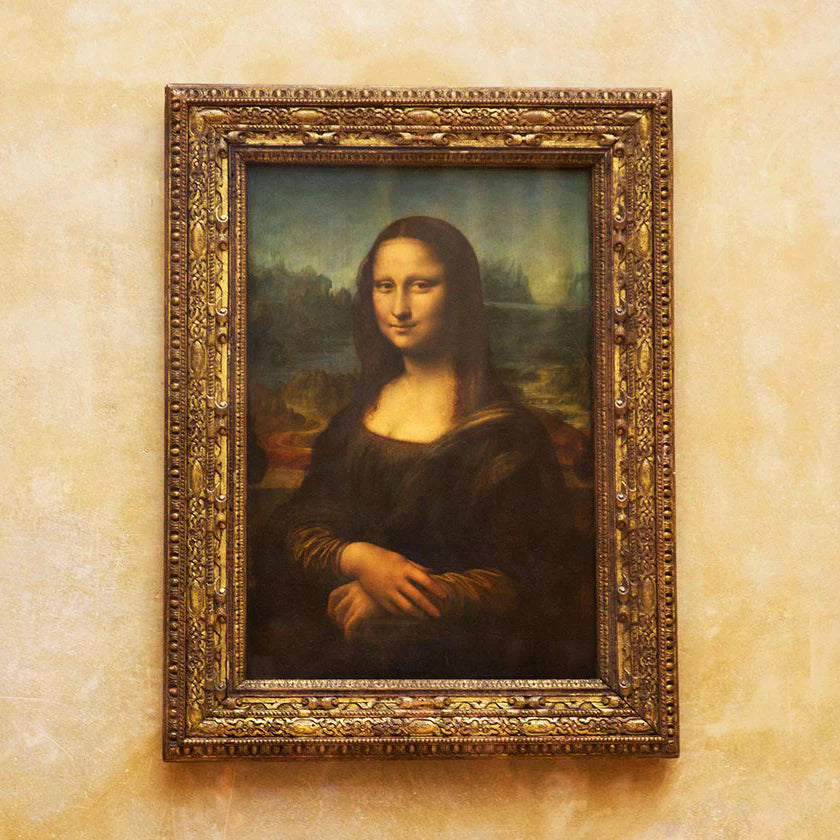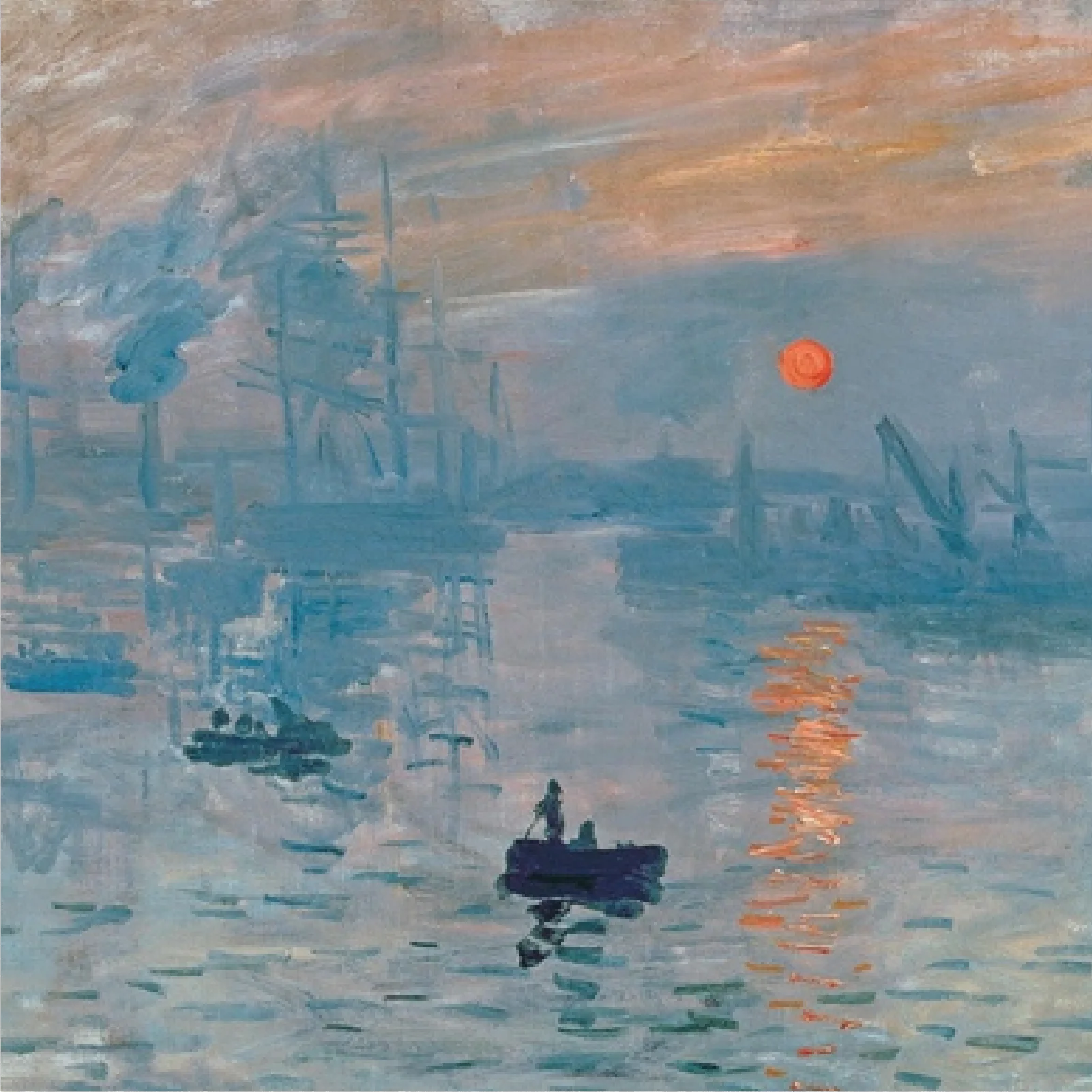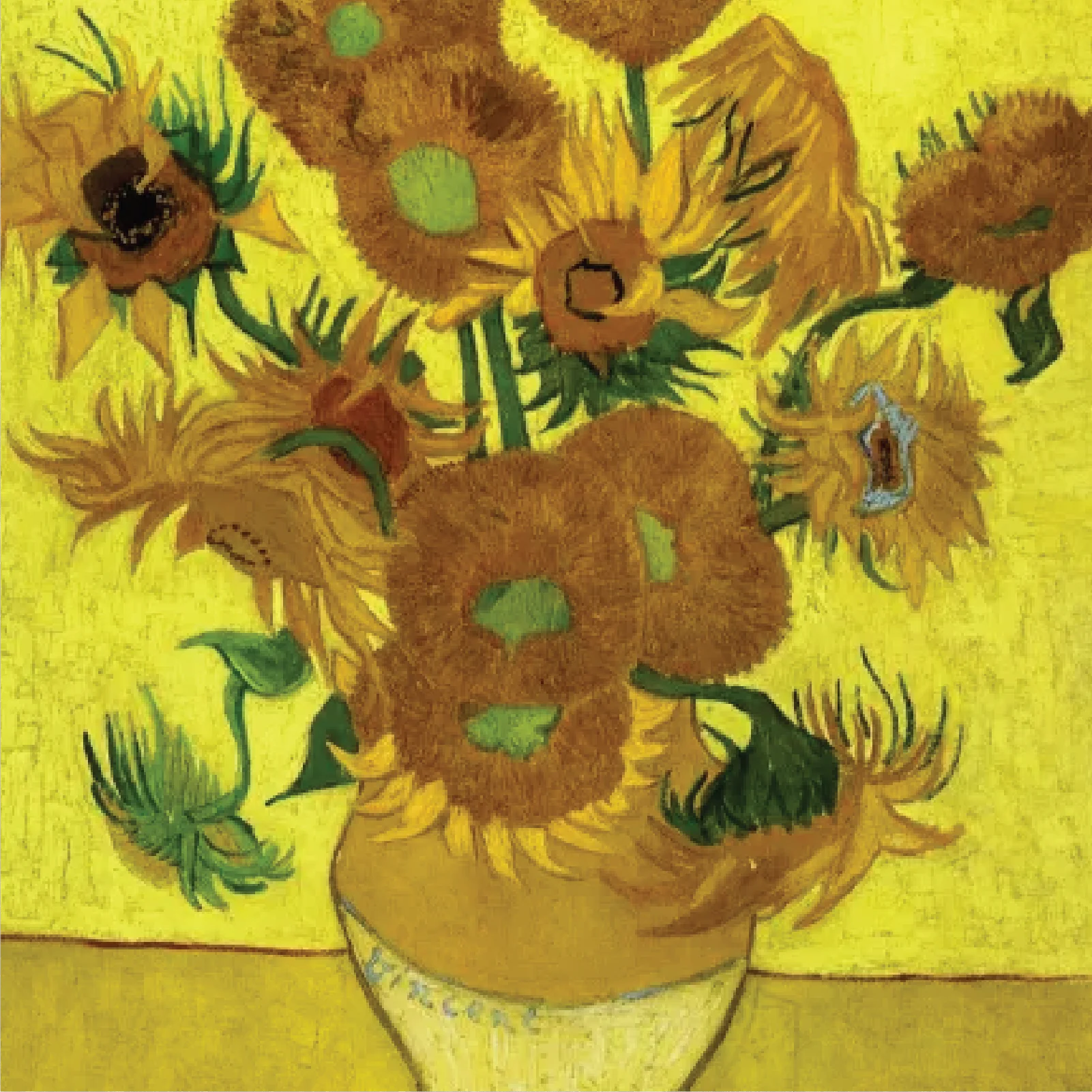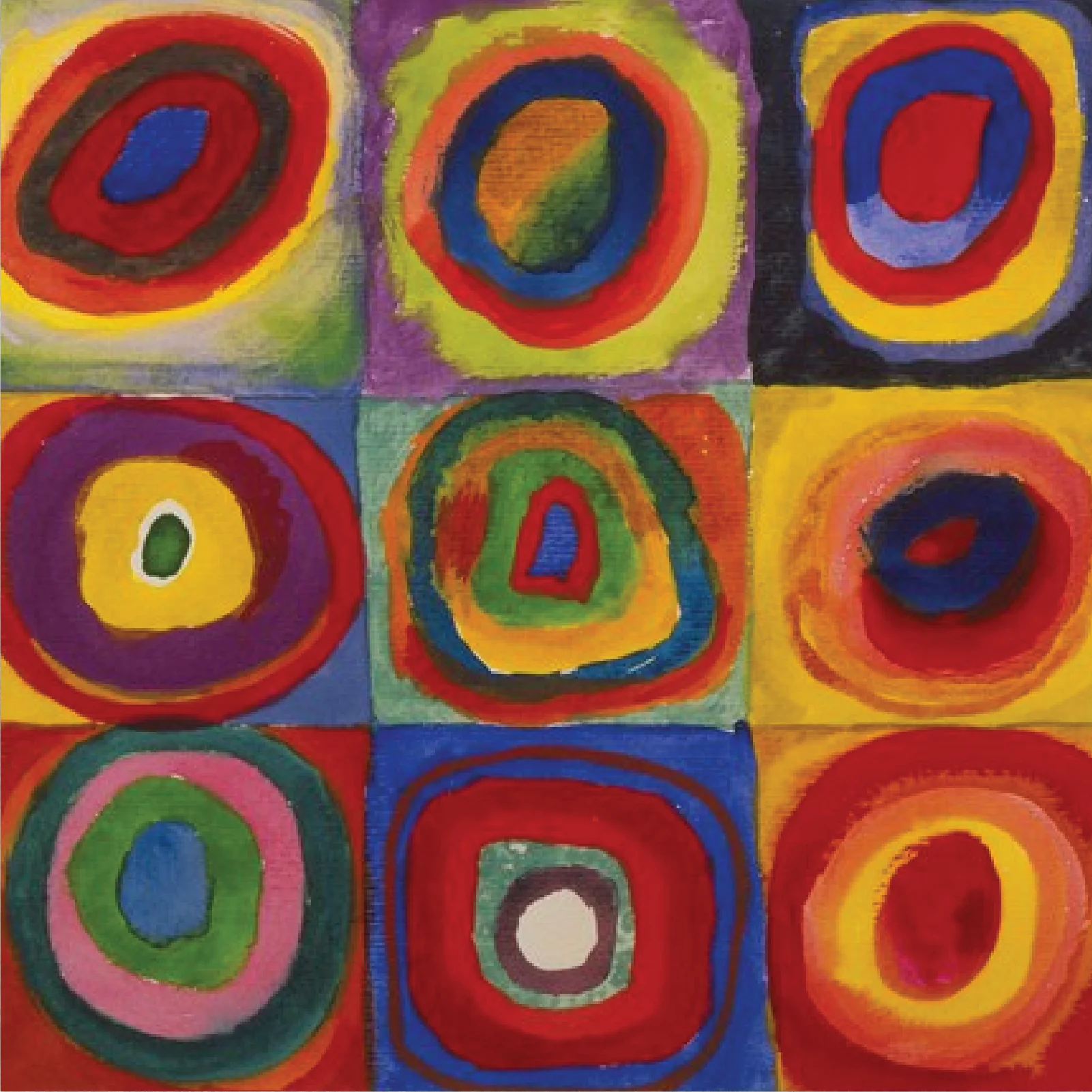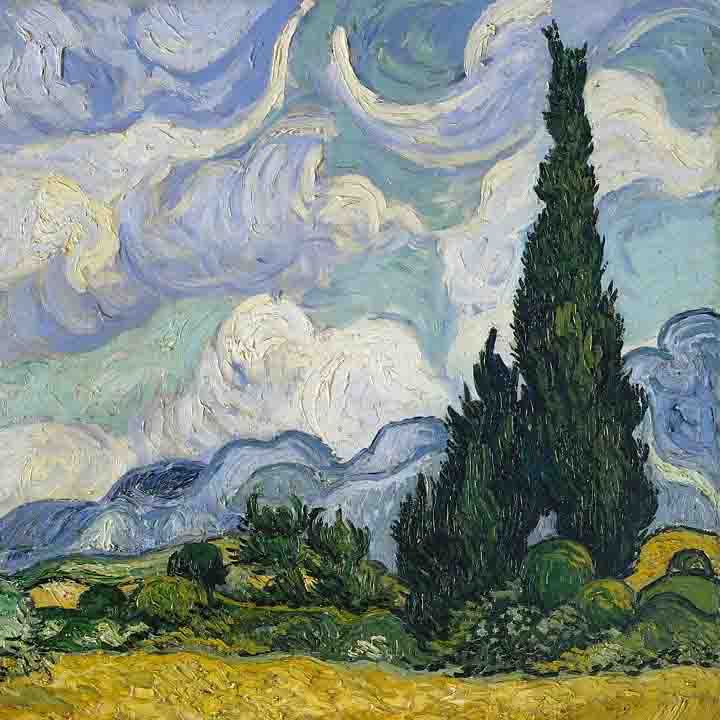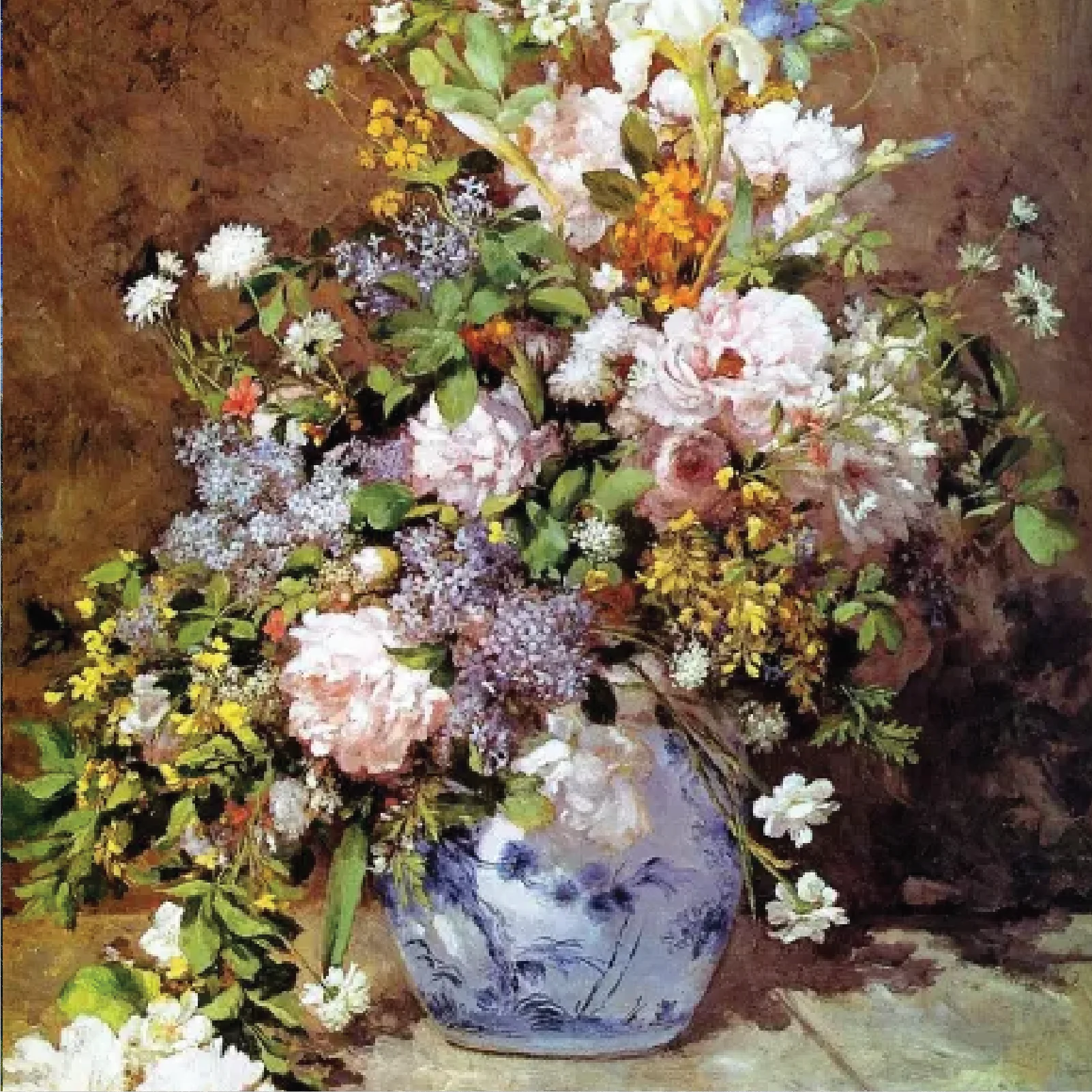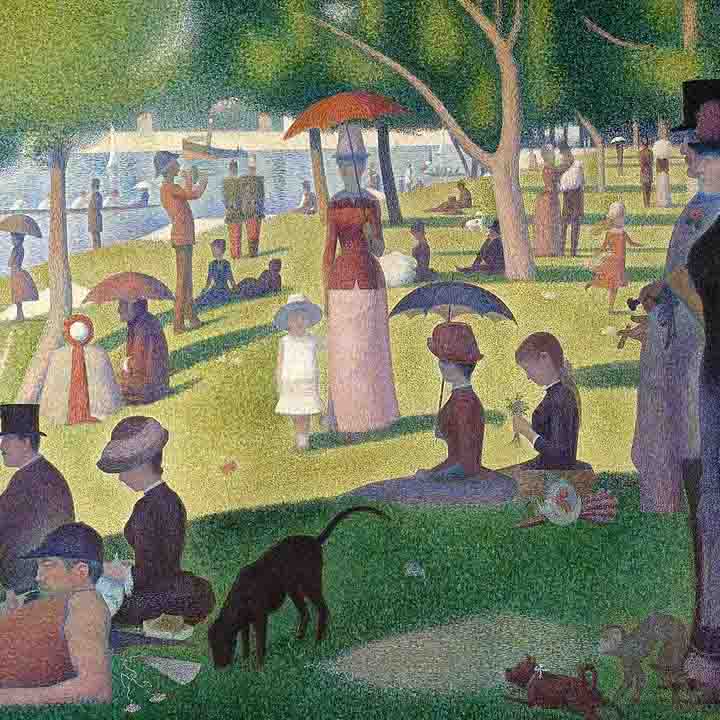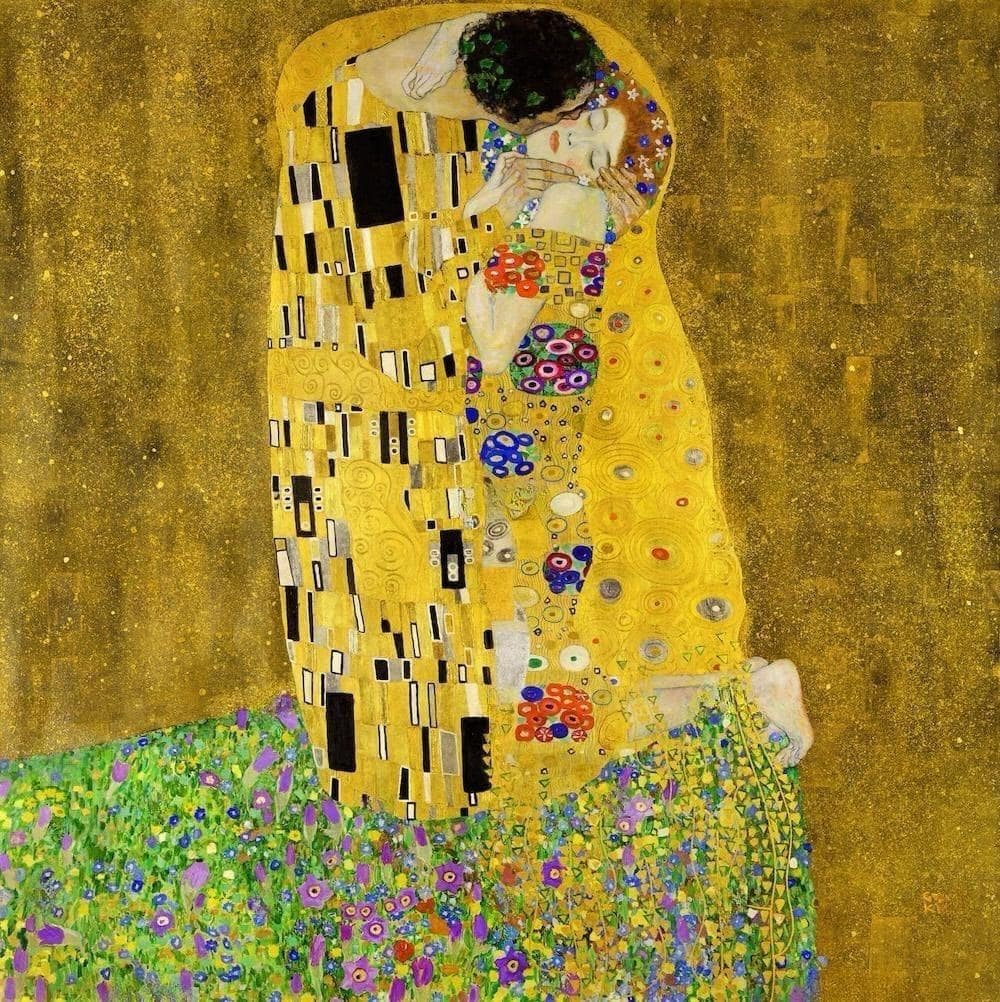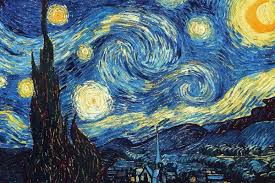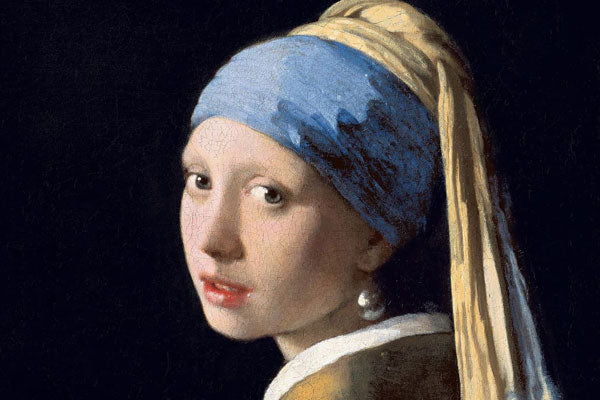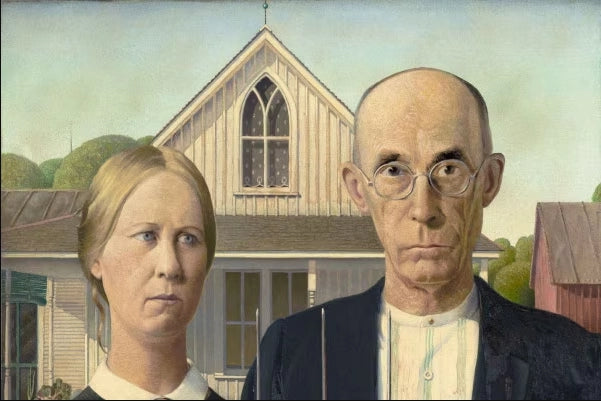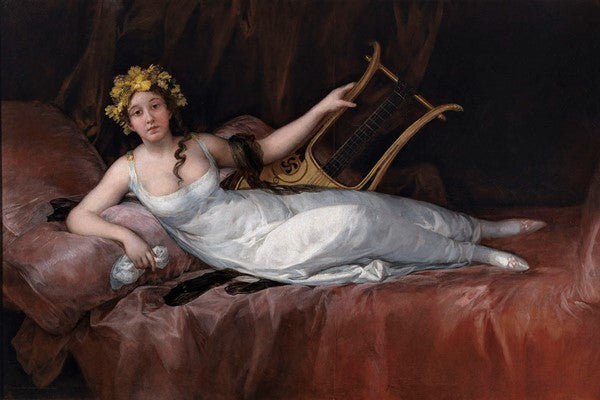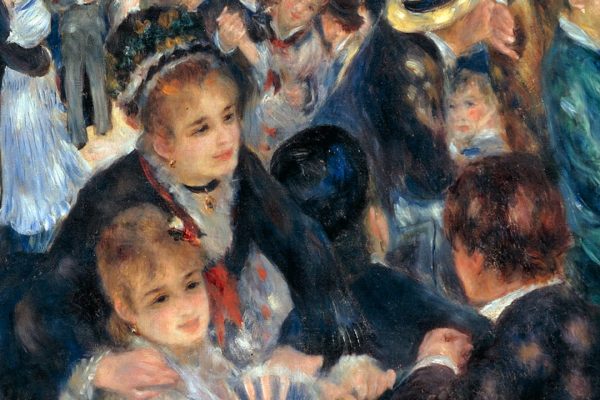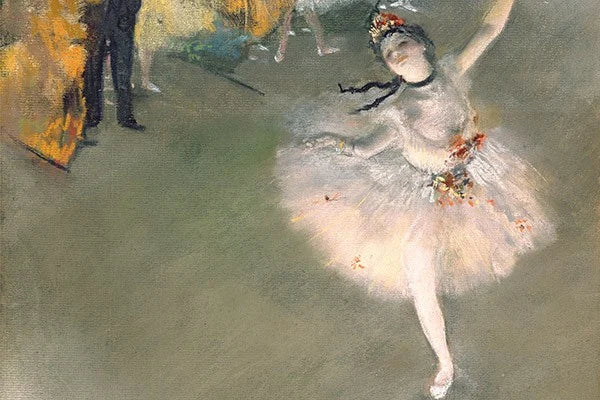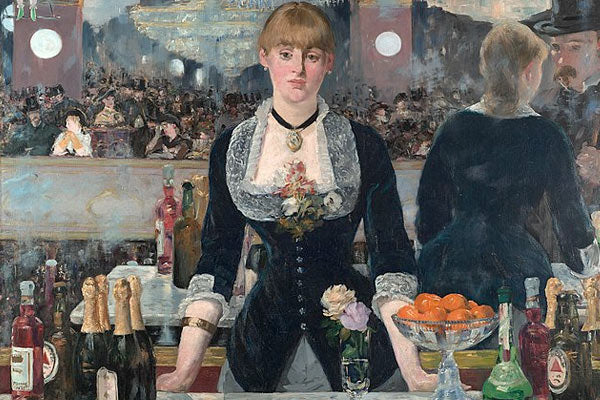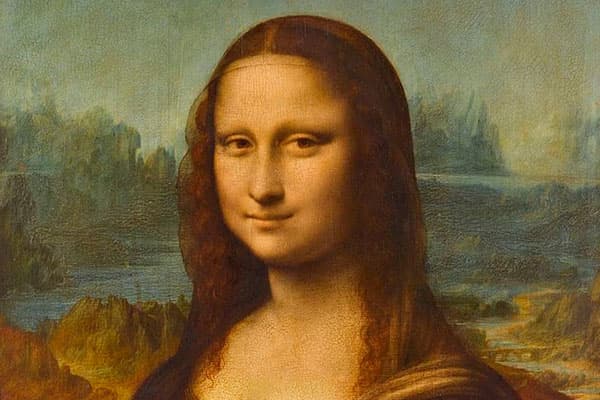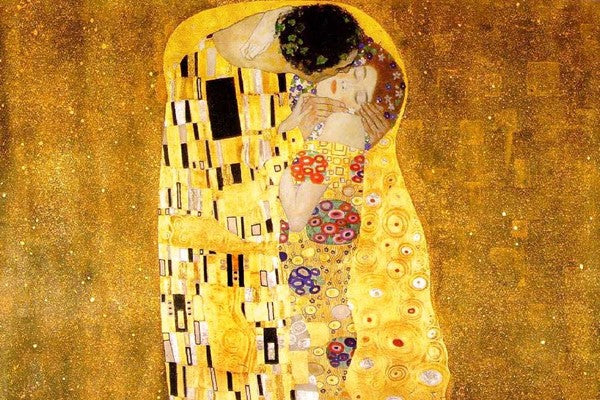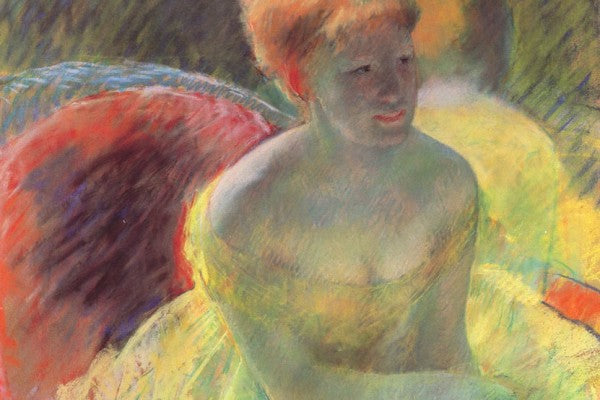Pablo Picasso, one of the most influential artists in history, created thousands of paintings, sculptures, and ceramics that continue to inspire artists and collectors worldwide. But if you’re an artist or a buyer interested in replica paintings, you might wonder:
-
Is it legal to sell reproductions of Picasso’s paintings?
-
Can someone copy his original artwork and profit from it?
-
What are the copyright laws surrounding works by Pablo Picasso?
Understanding the legality of reproducing famous art like Picasso’s requires an in-depth look at intellectual property rights, public domain laws, and museum regulations.
At ART&See, we specialize in high-quality oil-painted reproductions of famous paintings. Our skilled artists carefully reproduce timeless masterpieces while ensuring the finest details are captured. Whether you’re looking for a Picasso-inspired painting or a Van Gogh replica, our pieces allow you to own beautiful renditions of history’s most treasured fine art.
Can You Legally Reproduce and Sell Picasso’s Paintings?

1. Understanding Copyright Protection on Picasso’s Works
Copyright protection covers all original artworks and grants exclusive rights to the copyright holder—often the artist or their estate.
-
In France, where Picasso spent most of his career, copyright lasts 70 years after the artist’s death.
-
Since Picasso passed away in 1973, his works remained under copyright protection until 2023.
-
As of last year, many of his famous paintings have entered the public domain, meaning they can be legally reproduced, copied, and sold.
However, not all works by Pablo Picasso are automatically free to use. Some sculptures, ceramics, and late artworks may still be protected under specific copyright extensions.
2. What About Image Rights and Museums?
Even if a painting is in the public domain, the image of the artwork might still be protected. Many museums, like the Musée Picasso Paris, enforce strict regulations on photographs and documents related to Picasso’s work.
For example:
-
Musée National Picasso-Paris holds exclusive image rights over some of Picasso’s artwork.
-
Certain famous paintings displayed in galleries or museums may require permission before being marketed and sold as reproductions.
Even if the original painting is in the public domain, using an official museum photograph of the piece in a print, logo, or advertisement may be subject to copyright laws.
Selling Replica Picasso Paintings: What You Need to Know
3. Is It Legal to Sell Reproductions of Picasso’s Paintings?
Since many of Picasso’s paintings are now in the public domain, you could sell reproduction paintings legally—provided you follow the right guidelines:
✅ The reproduction painting should not contain logos or museum-specific images.
✅ It should be clearly labeled as a replica or reproduction to avoid misleading buyers.
✅ It cannot be marketed and sold as an "original Picasso" to deceive consumers.
However, selling copies illegally—where a seller misrepresents a replica as an original artwork—is considered art fraud. Fine art shippers, galleries, and auction houses take strict action against such activities.
4. Ethical Concerns: The Difference Between a Reproduction and a Forgery
There’s a fine line between lawfully duplicated art and forgery. While replica paintings serve educational and decorative purposes, selling a fake Picasso as an original painting is illegal.
🔴 A copycat artist attempting to pass off a reproduction as an authentic Picasso could face legal action.
🔴 In some cases, forgers have been fined or even jailed for selling replicas illegally.
🔴 A lawsuit could result in cease and desist orders or fines for misleading buyers.
To avoid legal issues, always credit the original artist and disclose that the painting is a replica.
5. What About Picasso’s Sculptures and Ceramics?
While many paintings by Picasso are now in the general public domain, his sculptures and ceramics may still be under copyright protection.
-
Some of Picasso’s sculptures are protected by France’s administrative laws, meaning they can’t be freely copied or sold.
-
Some ceramics made in collaboration with non-profit arts organizations might still be covered by intellectual property rights.
-
Derivative works that are substantially changed may be allowed but could still require a lawyer's guidance.
If you plan to reproduce a Picasso sculpture or ceramic, it’s best to please contact a legal expert for copyright advice.
Public Domain and Reproducing Picasso’s Art for Business

6. Can Reproductions Be Used for Commercial Purposes?
Yes, but with caution. Once in the public domain, works of Pablo Picasso can be freely copied and reproduced—but that doesn’t mean every reproduction is legal to sell.
-
Selling painting replicas is acceptable as long as they are clearly marked as reproductions.
-
If you use Picasso’s artwork for commercial products like posters, prints, or merchandise, be mindful of museum restrictions and trademark laws.
Some museums and galleries have strict policies regarding the commercial use of their collections. While the original painting’s price may be millions, a buyer looking for a fine art reproduction still deserves authenticity and transparency.
7. Legal Risks and Copyright Infringement
If you reproduce Picasso’s art illegally, the copyright holder (such as the Picasso Administration in France) can take legal action.
❌ Selling copies illegally could lead to lawsuits.
❌ Using official museum photographs of artwork without permission might violate copyright protection laws.
❌ Some cases may involve royalty fees or fines for improper use of copyrighted materials.
It’s always best to respect intellectual property laws and consult with a lawyer before selling reproduction paintings commercially.
Final Thoughts: Can You Replicate Picasso’s Paintings?
The answer depends on what you reproduce and how you sell it:
✔ If a painting is in the public domain, you can copy and sell a replica, as long as it’s clearly marked as such.
✔ If you’re borrowing from a copyrighted work, such as a sculpture or museum-owned image, you may need permission.
✔ If you attempt to sell a forgery, you could face legal action for infringement or fraud.
When it comes to fine art reproductions, transparency is key. Always ensure that buyers understand what they’re purchasing, and when in doubt, consult a copyright lawyer.
Looking for a high-quality reproduction of a famous painting? ART&See offers hand-painted masterpieces with great attention to detail, allowing you to own a piece of history—ethically and legally.
